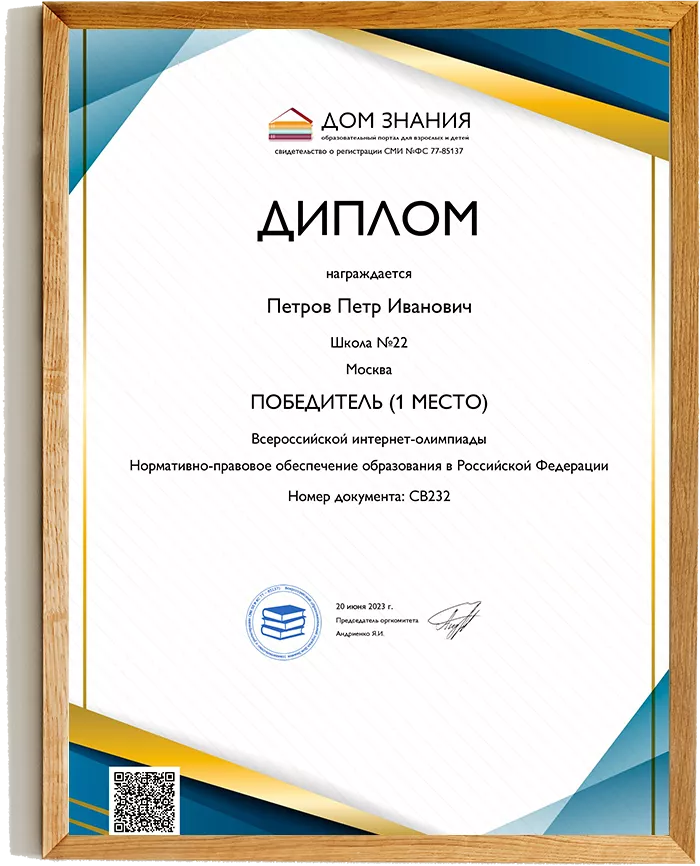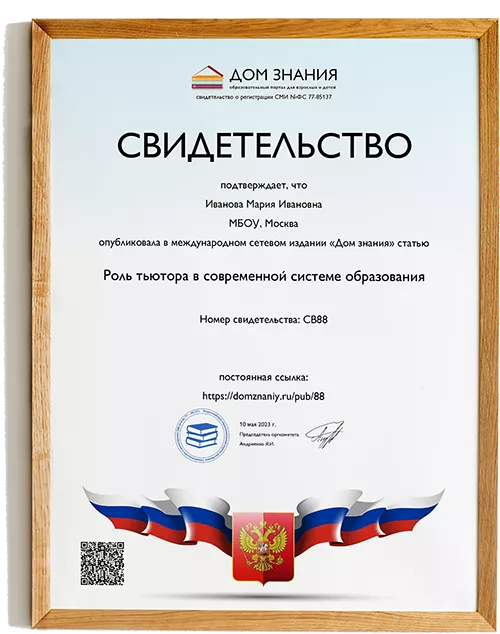Урок английского языка в 7м классе “Protect our environment!!!”
Данный урок разработан для учащихся 7-го класса в рамках темы “Человек и окружающий мир”( «The ABC of Ecology” «Living Healthy”)учебная ситуация “Загрязнение окружающей среды” (“Pollution”), на основе УМК “Английский язык” для 7 класса общеобразовательных школ, авторов О.В. Афанасьевой, И.В. Михеевой.
Тема: “World problems / “Мировые проблемы”
Цели: Ознакомить учащихся с новым лексическим материалом по теме “World problems”/ “Мировые проблемы”, развитие навыков аудирования. Введение и отработка нового грамматического материала the Present Perfect Tense. Развитие умения работы в коллективе и в парах.
Задачи:
Обучающие
- формировать у учащихся представления о мировых проблемах, способствовать расширению кругозора учащихся;
- обеспечить усвоение учебного материала и научить применять новые знания на практике;
- создать условия для коммуникации учащихся, т.е. обеспечить речевую практику.
Развивающие
- развитие навыков аудирования и языковой догадки;
- развитие воображения, внимания и концентрации, произвольного и непроизвольного запоминания материала через его эмоциональную окрашенность, визуализацию и активность учащихся;
- содействовать развитию у детей умений осуществлять самоконтроль и самооценку.
Воспитывающие
- формирование у учащихся интереса и мотивации к изучению английского языка;
- воспитание нравственных взглядов и убеждений (понимание ценности защиты природы и ценности человека в природе)
- побудить учащихся анализировать нравственную сторону своих поступков и других людей, формирование таких качеств личности, как сострадание, помощь, умение управлять собой;
- экологическое воспитание, воспитание любви и ответственности к природе и ко всему живому на земле;
- воспитывать умение работать в парах и в команде.
Тип урока: урок первичного предъявления новых знаний.
Оборудование: ноутбук учителя, интерактивная доска (мультимедийная презентация), дидактический раздаточный материал (карточки с заданиями), аудиозапись, учебник, мягкий мяч.
Использование технологий: проблемное обучение, критическое мышление, ЭОР и ИКТ, технология здоровьесберегающего обучения, технология сотрудничества, информационно-коммуникативная.
Формы работы учащихся: фронтальная, парная и индивидуальная.
Методы: аудиовизуальный, наглядно-образный, практический, самоконтроль, взаимоконтроль.
Презентация
Student: Ecology is a science about nature and about relation of man with it.
Введение новой лексики с помощью наглядности - Flash cards. Новая лексика:
Teacher: There are the names of these problems of today: Read them aloud, please!
Littering
Air
,
pollution,
smog
Water
,
pollution
Overcrowding
and
overpopulation
Endangered species
Animals
which
are
almost
extinct
Destruction
of
natural
resources
Teacher: Now we speak about What is Ecology? Let’s read the text p.53 ex.6 “What is Ecology?” Find international words.
Teacher: You have 3 minutes to fill in you paper :
-Ecology is a……
-Ecology studies…
-A natural environment is…
-Ecology teachers us…
-Ecologists collect information about…
Teacher: The main idea of this text is What does “ecology” mean?
Используются флэшкарты для отработки лексики.По возможности используется приложение learnenglishkids.britishcouncil.org
на партах обучающихся лежат листочки для заполнения (по тексту)
4.Physical activity - 2 мин.
Teacher: How we have a little break. Please stand up. Let’s play with a ball “I know a lot of animals” (ученики и учитель вместе играют мягким мячом,учитель называет животных и школьные предметы,ученики должны назвать только животных, одновременно снижая умственное и физическое напряжения и поддерживая интерес к уроку).
5.Поиск путей решения проблемы-6мин
Teacher: Now we begin to solve some important ecological problems: Презентация
Teacher: Complete the sentences:
We must not leave the fire in the forest, because animals___________________.
The climate is changed, when the air___________________________________.
We must not throw litter in the river, because water_______________________.
When we break trees, birds__________________________________________.
When
plastic
bottles
________________________,
nature
__________________.
When we
don’t
recycle paper, trees______________ to make new paper.
When glass
bottles______________in
the forest, animals and people__________.
Учащиеся смотрят слайды презентации и карточки с текстами,записывают,составляя предложения
6.Решение проблемы-6min
Student: We change the climate.
Student: We damage nature.
Student: We hurt animals.
Student: We cut down trees.
Student: We disturb birds.
Student: We cause water pollution.
Student: We hurt animals and people
Teacher: We pollute the air-
Teacher: We throw away plastic bottles. -
Teacher: We leave litter in the forest-
Teacher: We don’t recycle paper. –
Teacher: We break trees-
Teacher: We throw litter in the river-
Teacher: We leave bottles in the forest.
учитель называет проблемы- учащиеся называют решение проблемы
Учащимся даны листочки с Fishbone для заполнения
7.Объяснение домашнего задания
Teacher: 1 Task: Write FIVE GOLDEN RULES оf Ecology!
(Develop international cooperation to solve ecological problems together.
-Don’t waste water, gas, energy, natural resources.
-Don’t dump or pour industrial waste into rivers, lakes, seas and oceans.
-Don’t cut down trees.
Protect animals and wildlife)
8.Оценивание
Students: I think the lesson was… (каждый ученик даёт оценку уроку)
Students: I have learned a lot of … (ученики по очереди завершают предложения из презентации)
Teacher: Let’s evaluate our lesson today. Have you enjoyed the lesson?
Teacher: Have we reached the aim of the lesson? What have you learned today?
It was boring! It was wonderful! I don’t understand anything!
Учащиеся самостоятельно оценивают работу на уроке(самооценка, взаимооценивание результатов работы одноклассников)
9.Рефлексия учебной деятельности
Students:
Yes, we are!
Students:
Goodbye!


